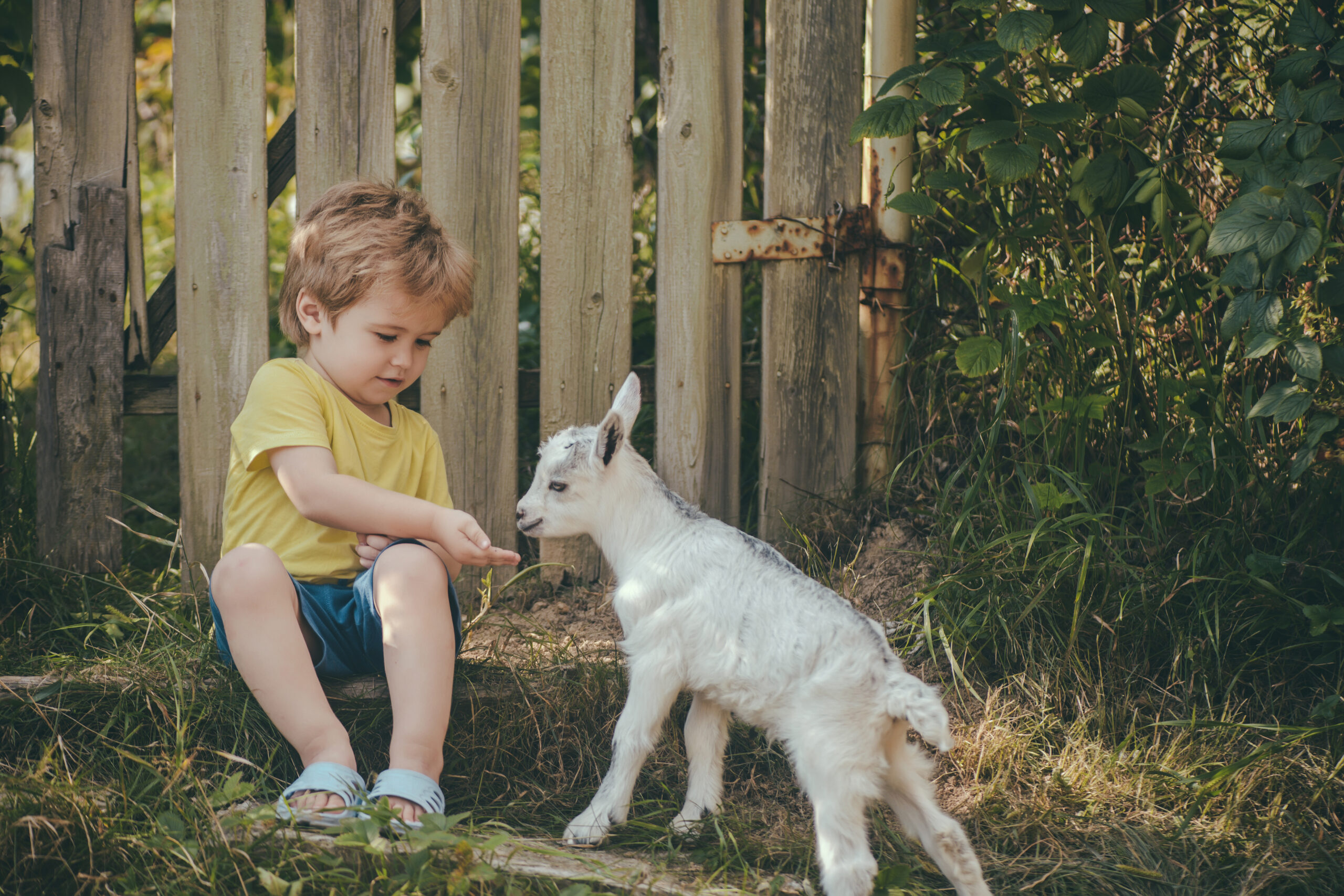
A Comprehensive Guide to Caring for Baby Goats
Baby goats, also known as kids, are adorable and playful creatures that require specialized care to thrive. Whether you’re a seasoned goat owner or a first-time enthusiast, understanding their unique needs is crucial for their well-being. This comprehensive guide will provide you with all the essential information you need to care for your baby goat properly.
Feeding
Colostrum:
- Colostrum is the first milk produced by the mother goat after giving birth. It is rich in antibodies and nutrients that are vital for the kid’s immune system and growth.
- Ensure the kid receives colostrum within the first 12 hours of life.
- If the mother goat is unable to nurse, you can bottle-feed the kid with commercial colostrum replacer.
Milk:
- Goat’s milk is the ideal food for baby goats.
- Feed the kid 4-6 times per day, gradually increasing the amount as they grow.
- Bottle-feeding is recommended if the mother goat is not available.
- Use a goat milk replacer specifically formulated for kids.
Solid Food:
- Introduce solid food gradually at around 3-4 weeks of age.
- Offer hay, fresh grass, and commercial goat feed.
- Ensure the kid has access to clean water at all times.
Housing
- Baby goats require a clean, dry, and well-ventilated shelter.
- Provide a draft-free area with plenty of bedding, such as straw or wood shavings.
- The shelter should be large enough for the kid to move around comfortably.
- Ensure the shelter is protected from predators and extreme weather conditions.
Health Care
Vaccinations:
- Vaccinations are essential for protecting baby goats from common diseases.
- Consult with your veterinarian to determine the appropriate vaccination schedule.
Deworming:
- Internal parasites can cause health problems in baby goats.
- Deworm the kid regularly as recommended by your veterinarian.
Hoof Trimming:
- Baby goats’ hooves grow rapidly and need to be trimmed regularly.
- Trim the hooves every 4-6 weeks to prevent overgrowth and discomfort.
Castration:
- If you do not intend to breed your male goat, castration is recommended.
- Castration should be performed by a veterinarian at the appropriate age.
Socialization
- Baby goats are social animals and require interaction with other goats or humans.
- Provide the kid with a companion or spend time with them regularly.
- Socialization helps prevent boredom and promotes healthy development.
Exercise
- Baby goats need regular exercise to stay healthy and active.
- Provide them with a safe outdoor area where they can run, jump, and play.
- Exercise helps strengthen their muscles and bones.
Grooming
- Brush the kid’s coat regularly to remove dirt and loose hair.
- Trim their nails if they become too long.
- Check their ears and eyes for any signs of infection or parasites.
Common Health Problems
- Diarrhea: Can be caused by various factors, including infections, parasites, or dietary changes. Consult a veterinarian promptly.
- Pneumonia: A respiratory infection that can be fatal if not treated. Symptoms include coughing, difficulty breathing, and lethargy.
- Coccidiosis: A parasitic infection that affects the digestive system. Symptoms include diarrhea, weight loss, and dehydration.
- Scours: A severe form of diarrhea that can be life-threatening. Seek veterinary attention immediately.
Additional Tips
- Handle baby goats gently and with care.
- Monitor their behavior and appearance regularly for any signs of illness or distress.
- Keep the kid’s environment clean and free of hazards.
- Provide a safe and comfortable environment for the kid to thrive.
- Seek professional veterinary advice whenever necessary.
Conclusion
Caring for baby goats is a rewarding experience that requires dedication and attention to their unique needs. By following the guidelines outlined in this comprehensive guide, you can ensure your baby goat receives the proper nutrition, housing, health care, and socialization to grow into a healthy and happy adult. Remember to consult with your veterinarian regularly for personalized advice and support.
